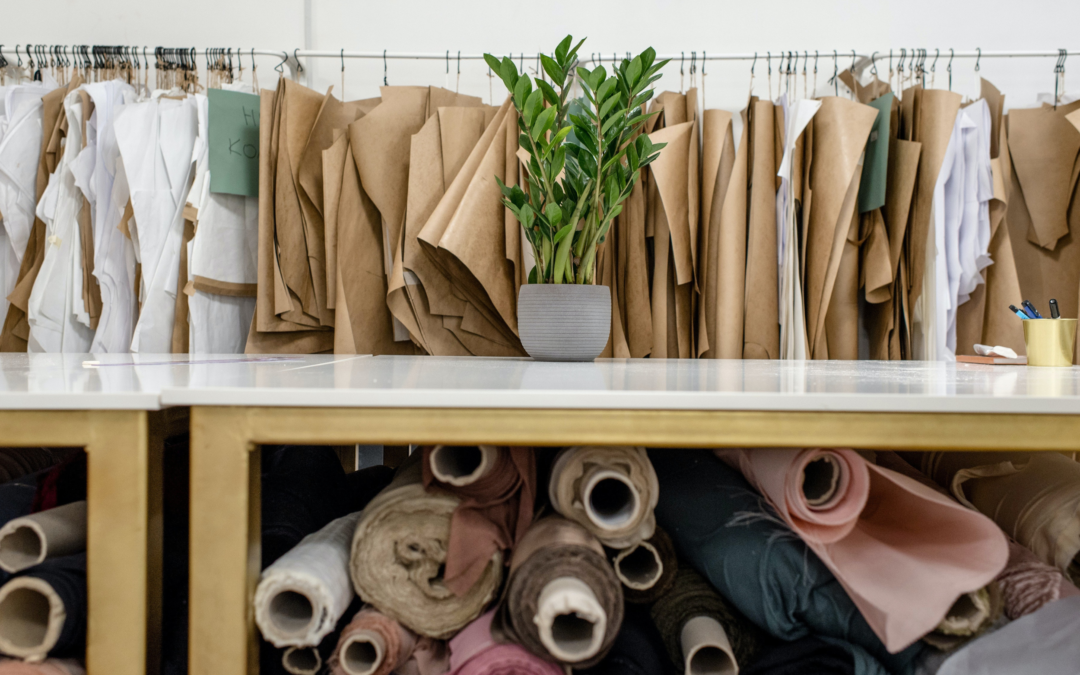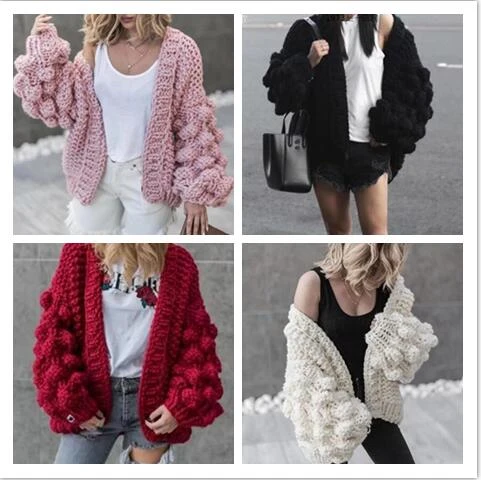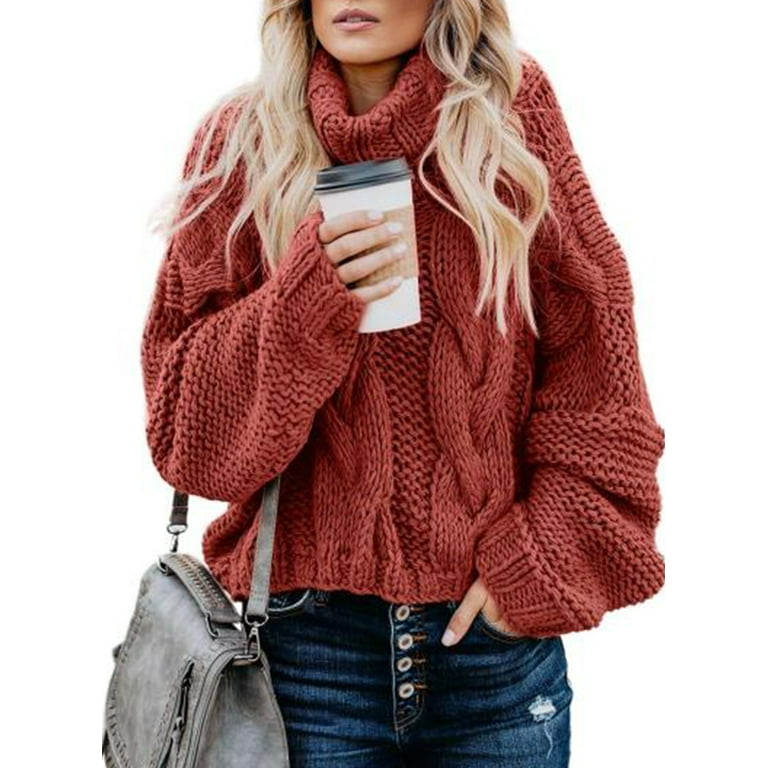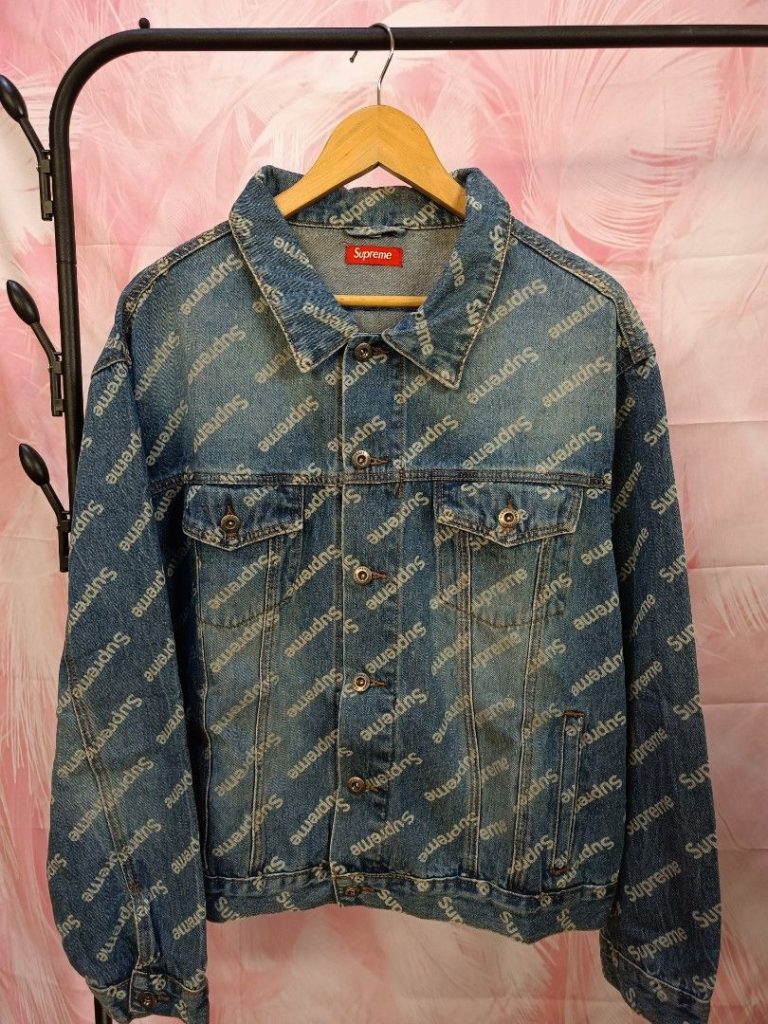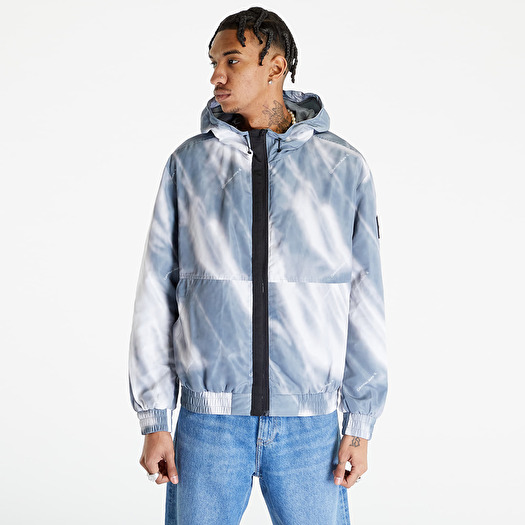Flannel shirt with padding is a new fashion in Europe
Flannel shirts with padding are gaining popularity in Europe’s fashion scene. This trend blends comfort with a stylish edge for the modern wardrobe.
Padded flannel shirts have become a new fashion statement in Europe, with their rise in popularity evident across various age groups and fashion circles. This innovative approach to the classic flannel design adds a touch of practicality and warmth, making it a go-to choice for cooler climates.
Not only do these padded shirts provide an extra layer of insulation, but they also offer a unique aesthetic that stands out in the urban fashion landscape. The trend is not just about staying warm; it’s about merging functionality with fashion. The padded flannel shirt is becoming the quintessential piece for those looking to make a bold statement while embracing the coziness that flannel fabric is known for. This new wave of fashion brings with it an opportunity for brands and retailers to innovate and cater to consumers seeking both style and comfort in their everyday attire.
The Rise Of Padded Flannel Shirts
The popularity of padded flannel shirts has surged across Europe. Initially valued for their warmth and comfort, these garments blended functionality with ease of wear. Quickly, the practical design found its way into high-fashion collections. Style icons embraced the trend, pairing these shirts with diverse outfits. Fashion enthusiasts soon followed, showcasing padded flannel shirts as a must-have for the chilly seasons. Their versatility ensures a fit with casual jeans or structured trousers.
Breaking Down The Padded Flannel Phenomenon
Europe’s latest trend is a stylish twist on classic attire. The padded flannel shirt has captured the attention of fashion lovers. Its unique padding adds a layer of warmth, making it perfect for chilly weather. Padded flannels are more than just practical; they bring an edgy look to the table. Designers blend traditional patterns with modern padding to create a bold statement piece. The added bulk does not compromise comfort but rather enhances the silhouette. This clothing piece has become a fashion centerpiece in many wardrobes. The padding details vary from subtle to pronounced, catering to diverse style preferences.
| Feature | Style Impact |
|---|---|
| Extra Insulation | Elevates comfort in cool conditions |
| Contemporary Edge | Shifts a casual item to fashion-forward |
| Versatile | Pairs well with various outfits |
Padded Flannels Across European Nations
Padded flannel shirts are becoming a staple fashion item through Nordic countries. Sweden, Norway, and Finland show significant adoption rates. These nations are known for chilly climates, where the extra padding provides warmth. Denmark and Iceland have also embraced this trend with enthusiasm. Transitioning towards Western Europe, the style remains prevalent. Countries like France, Germany, and the UK are integrating padded flannels into their autumn and winter collections. The padding varies from light to heavy, catering to diverse climates and preferences.

Credit: www.gucci.com
Cultural Impacts On Padded Flannel Trends
The appeal of the great outdoors shapes fashion across Europe. Padded flannel shirts are no exception. People love comfort and style. Padded flannels meet both needs. Urbanites enjoy the rugged look combined with city flair. It’s a blend of mountain-ready function and street-style fashion. The padding adds a practical touch. It echoes European outdoor traditions. It also speaks to a contemporary desire for functional fashion.
Designers Taking Padded Flannels To The Runway
Padded flannel shirts are now hitting the high-fashion scene in Europe. Leading designers are showcasing these cozy pieces on prestigious runways. A blend of functionality and style, these flannel shirts offer added warmth. They maintain a sleek aesthetic, perfect for the fashion-forward individual. The trend has been adopted by top fashion brands. Each is adding its unique spin to the classic flannel. The designs feature innovative materials. Some come with detachable padding. Others boast eco-friendly insulation. These elements elevate the humble flannel shirt to a must-have luxury item.

Credit: www.amazon.com
The Versatility Of Padded Flannels
Padded flannel shirts have taken Europe’s fashion scene by storm. These comfy shirts blend style and warmth effortlessly. For a relaxed look, pair a padded flannel with your favorite jeans. It’s perfect for strolls in the park or coffee with friends. Dressing up for a night out? Tuck your flannel into some chic trousers. Add a statement belt, and you’re party-ready. You can also use padded flannels for extra warmth. Just wear them over a long-sleeve tee. They’re great for colder days.
Fabric And Material Choices In Padded Flannels
Eco-friendliness reigns in the fabric selection for padded flannel shirts sweeping across Europe. Manufacturers are embracing organic cotton and recycled polyester, balancing fashion with sustainability. Comfort and warmth are pivotal, with padding materials like lightweight wool and thermal synthetics. These elements ensure the shirts are cozy and suitable for chilly climates, all without compromising style.
Color Trends And Patterns In Padded Flannels
The world of flannel shirts with padding is embracing new hues. As Europe adopts this comfy trend, we notice shifts between the warm tones of autumn and the fresh colors of spring. Classic plaids remain a staple, providing a timeless appeal with their intersecting stripes of color. Designers are crafting these patterns with a fresh twist, bringing in vibrant shades to modernize the look. On the other hand, bold solid colors gain momentum, carving out a niche for those who prefer a minimal and sleek appearance. The contrast is striking – intricate checks against the simplicity of solid colors. The landscapes of Europe affect these palettes. Seasons drive the change from cozy earthy tones in winter to bright pastels come spring.
Gender Neutrality In Padded Flannel Fashion
The flannel shirt with padding is taking Europe by storm. Its unisex design bridges the gap between male and female fashion. Everyone loves the comfort and warmth it provides. The padded flannel trend rejects traditional gender roles, promoting clothing for all. Designers focus on fit and function, not gender. This approach opens doors for self-expression. Both men and women embrace the padded flannel as a statement piece. It speaks of personality over gender, freedom over conformity. Colors and patterns used are appealing across the board. Each shirt boasts universal style and appeal. Padded flannels have become a must-have wardrobe staple in Europe’s fashion scene. Its popularity shows no signs of waning.

Credit: www.amazon.com
Celebrity Influence And Padded Flannel
Padded flannel shirts are making waves in Europe, directly influenced by style icons. A-list celebrities are embracing this trend, stepping out in cozy, yet fashionable padded flannels. These stars often share their outfits on Instagram and Twitter, quickly catching the attention of fashion enthusiasts. Followers are eager to replicate the looks of their favorite idols, fueling the trend’s growth. Endorsements by influencers and fashion bloggers further amplify the buzz, as they sport padded flannels in their posts. This cycle of exposure through social media is catapulting padded flannel shirts into the latest must-have item across Europe. Fans and fashion critics alike are showering praise on the comfort and style of these shirts. Consequently, many brands are now featuring padded flannel in their collections, thanks to the celebrity seal of approval.
Padded Flannels As Streetwear Staples
Padded flannel shirts are storming Europe as the latest fashion sensation. Embracing the comfort of classic flannels with added warmth, these shirts offer an edgy twist to casual wear. Fashion-forward individuals on the streets pair them with ripped jeans or chunky sneakers for a look that’s effortlessly cool and distinctly urban. Skaters and surfers have helped propel this trend. Their cultural influence is evident, as padded flannels echo their relaxed yet adventurous spirit. These shirts meld form with function, boasting pockets and patterns that mirror an outdoor lifestyle. The result? A must-have item for those wishing to make a bold street style statement.
Padded Flannels For All Seasons
Padded flannel shirts are making waves across Europe. With their snug insulation, they provide comfortable warmth in harsh winters. The padding acts like a cozy barrier against cold winds. This innovation in flannel design allows for easy movement while maintaining heat retention. These shirts come in various colors and patterns, offering both style and functionality. With the versatility of padded flannels, one can effortlessly shift between different levels of outdoor chill.
Pairing Accessories With Padded Flannels
Padded flannel shirts are setting trends across Europe’s fashion scene. They offer both style and comfort. Yet, the right shoes and accessories are key to nailing the look. Opt for chunky boots or sneakers to maintain a cozy, yet chic aesthetic. These shoes also keep the attire grounded in casual coolness. Bags and jewelry should complement the shirt’s casual vibe. Choose leather totes or crossbody bags as they add a touch of sophistication. With jewelry, stick to simple pieces. Small earrings or a minimalist necklace can enhance the outfit without overwhelming it. Balance is crucial, as it ensures your padded flannel remains the centerpiece.
Care And Maintenance Of Padded Flannels
Padded flannel shirts require special care. Always check the label for washing instructions. Use cold water to prevent shrinking. A gentle cycle is best to keep padding in place. For drying, flat drying is recommended to maintain shape. Avoid wringing the shirt. Enhance longevity by avoiding harsh detergents. Rotating wear extends the shirt’s life. Also, gentle ironing on low heat is safe. Proper care maintains the shirt’s fashion statement.
Consumer Response And Market Growth
| Country | % Increase in Sales | Age Group Leading Purchases |
|---|---|---|
| Sweden | 35% | 18-25 |
| Norway | 30% | 26-35 |
| Finland | 28% | 36-45 |
Repurposing And Diy Padded Flannels
Repurposing old flannel shirts is not just creative, but also eco-friendly. Fashion enthusiasts are now adding a personal touch to their wardrobe by DIY padding their flannel shirts. This practice aligns with the sustainable fashion movement, reducing waste and extending the garment’s life. Padded flannels offer warmth and style, with the padding giving an extra layer for colder months. Customization can range from simple to intricate designs, depending on one’s sewing skills or creativity. Everyone can show off their unique style while being conscious of environmental impact.
The Future Of Padded Flannel In Europe
Europe’s fashion scene is buzzing with the rise of padded flannel shirts. This trend blends comfort with style, making waves among trendsetters. Textured fabrics and innovative padding technology are spearheading this movement. Designers focus on eclectic patterns and sustainable materials. The market shows significant potential for growth. Young entrepreneurs in Europe are crafting unique padded flannel pieces. These reflect individual styles and dynamic cultural influences. With such momentum, anticipation builds for the next big trends. Insights suggest a shift towards bold colors and multi-functional attire. These will likely dominate fashion forecasts.
Frequently Asked Questions For Flannel Shirt With Padding Is A New Fashion In Europe
What Are Padded Flannel Shirts?
Padded flannel shirts combine the classic design of flannel fabric with added insulation for warmth. They are now trending as a stylish and practical option for European fashion enthusiasts.
How To Style A Flannel Shirt With Padding?
Style padded flannel shirts with jeans for a casual look or layer them over a hoodie for extra coziness. They adapt well to streetwear and can also be dressed up with chinos and boots.
Are Padded Flannel Shirts In Fashion?
Yes, padded flannel shirts have emerged as a new fashion trend in Europe. They offer a unique blend of comfort, warmth, and style that appeals to a diverse audience.
What Occasions Are Padded Flannel Shirts Suitable For?
Padded flannel shirts are perfect for casual outings, outdoor adventures, and informal gatherings. Their versatile nature makes them suitable for various events, especially during colder months.
Conclusion
Embracing the flannel shirt with padding signifies more than style; it’s a blend of comfort and trend. Europe has always been a fashion beacon, and this trend solidifies its status. Whether for a casual outing or a touch of urban chic, this padded staple promises warmth and versatility.
Dive into the fusion of fashion and functionality – your wardrobe will thank you.

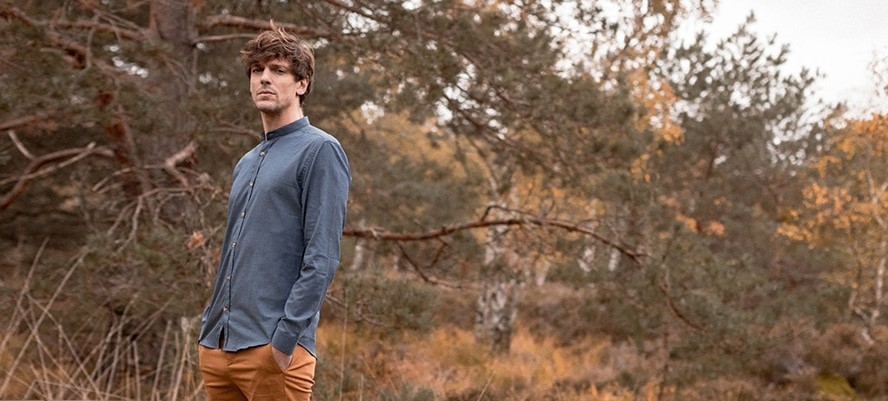
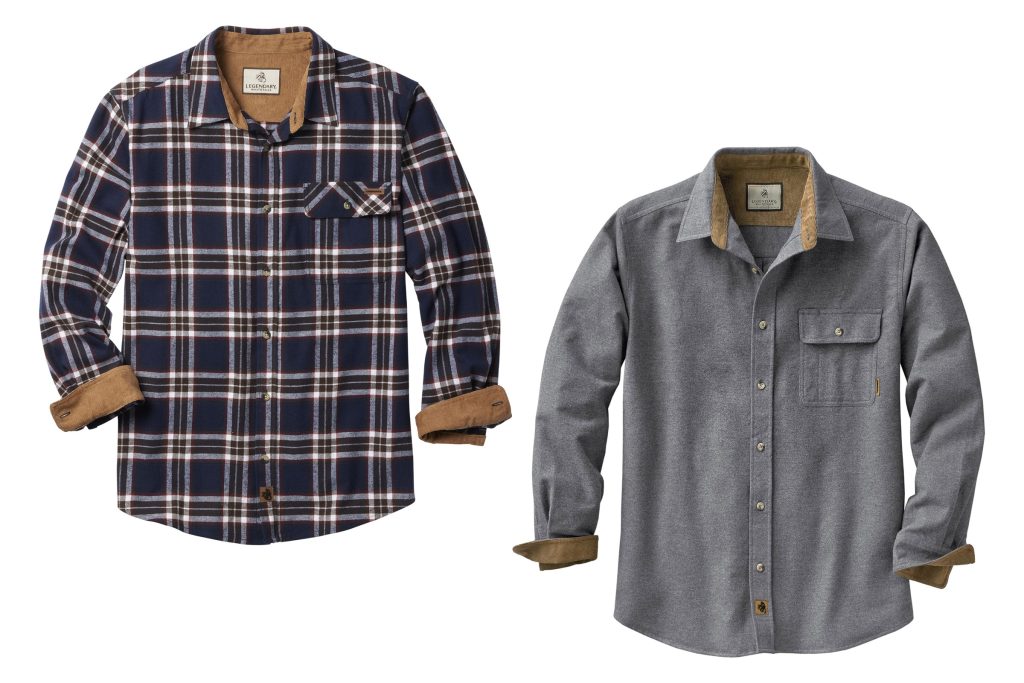



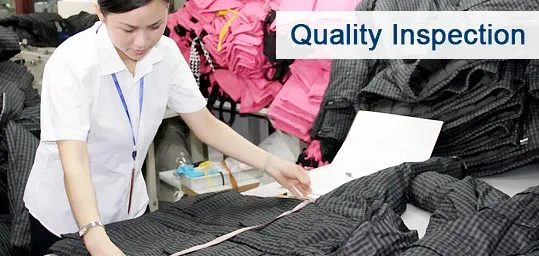


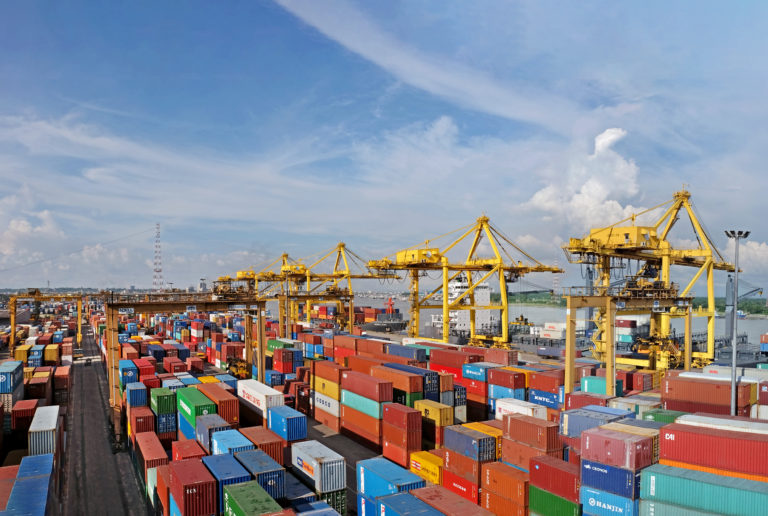


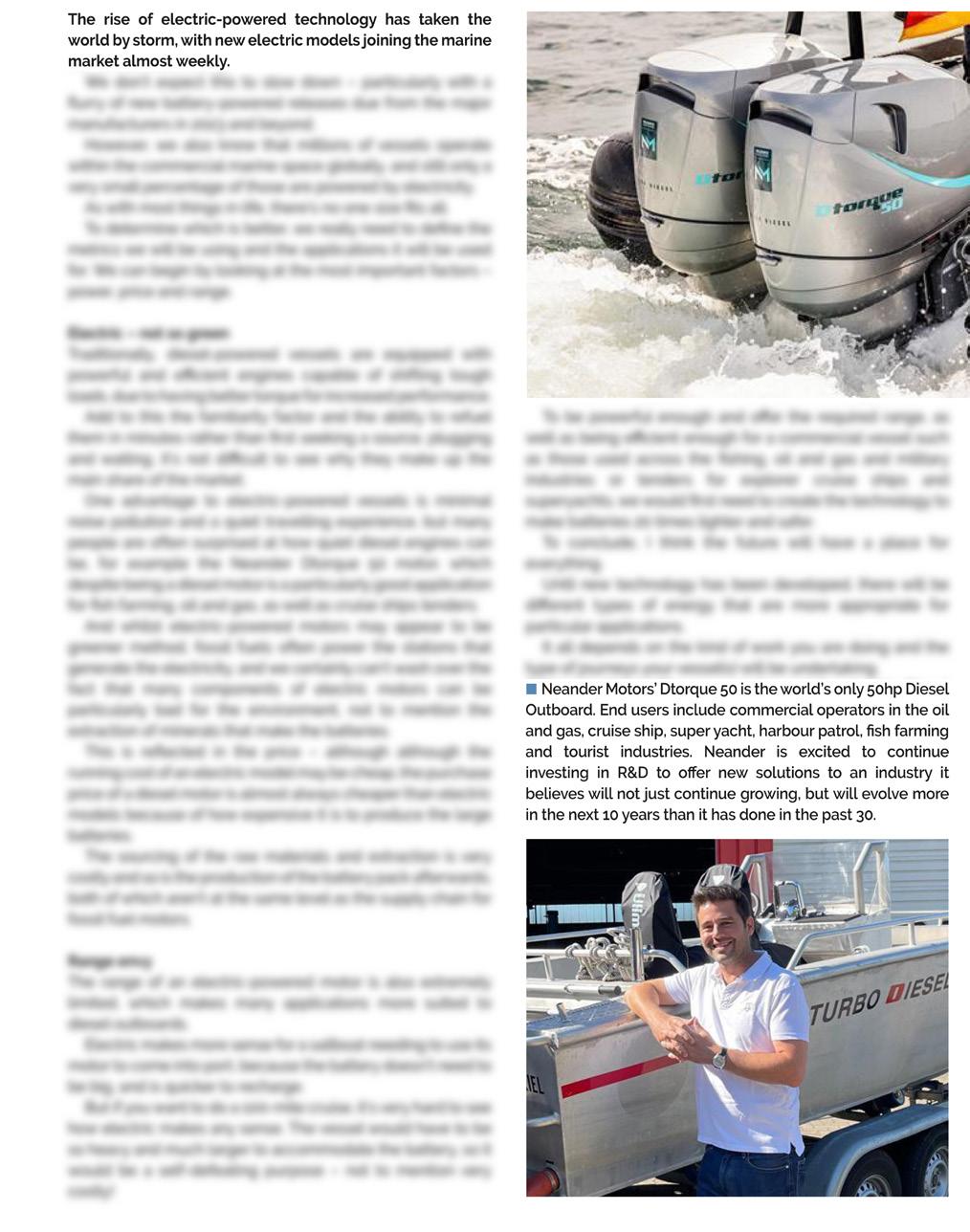
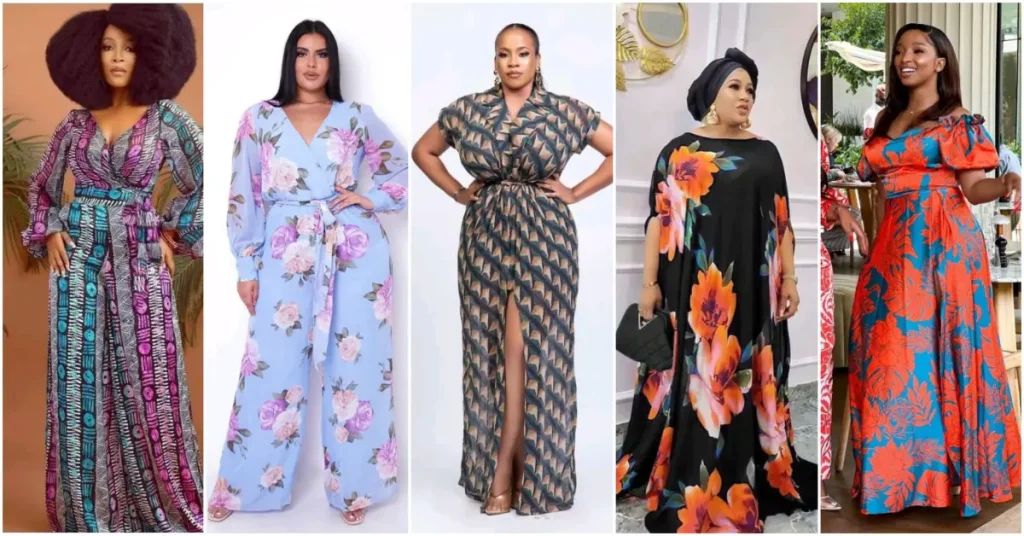



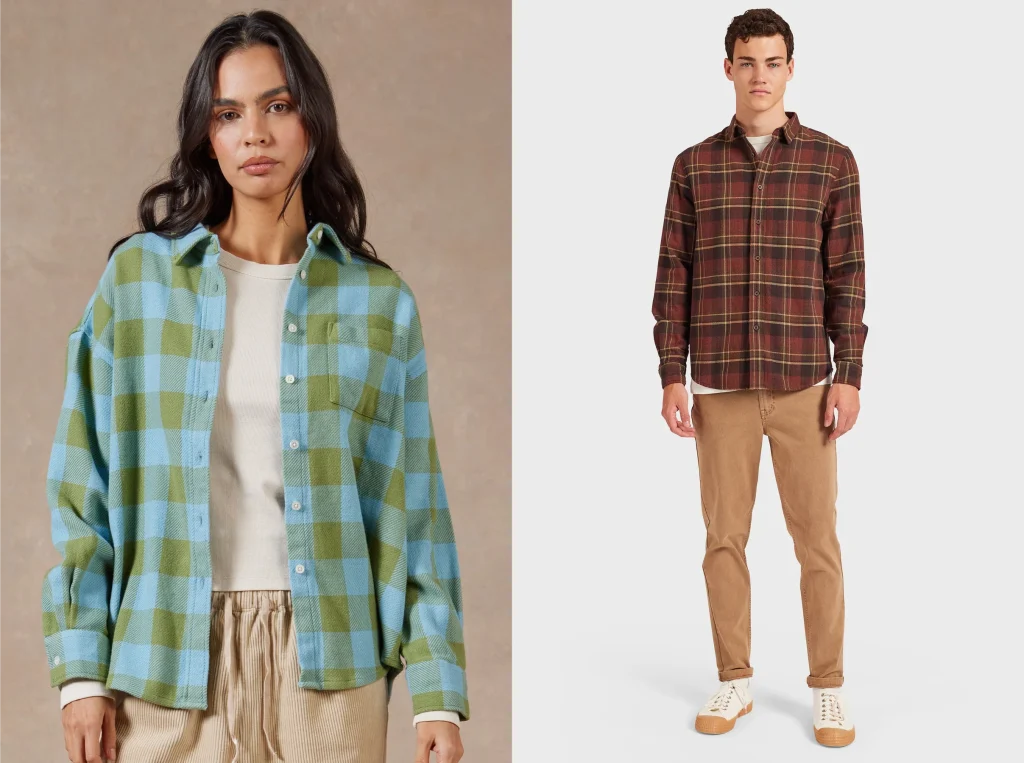

.jpg)
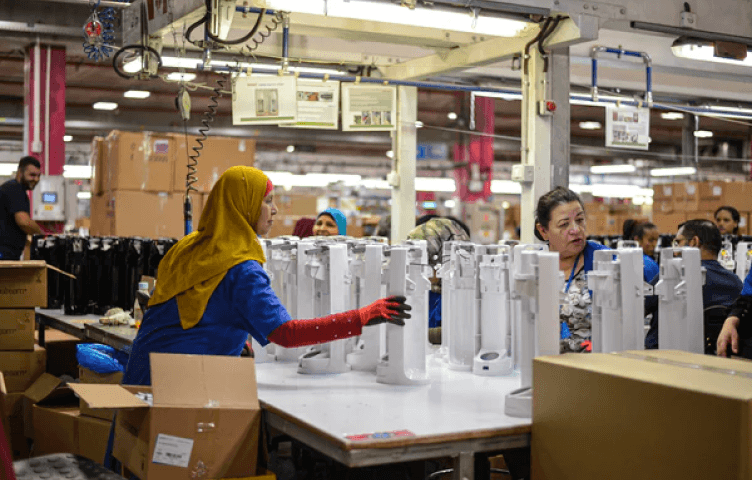
:max_bytes(150000):strip_icc()/4-things-landlords-are-not-allowed-do_final-b75d9df2c42841239d7f7222cceba6c1.png)




